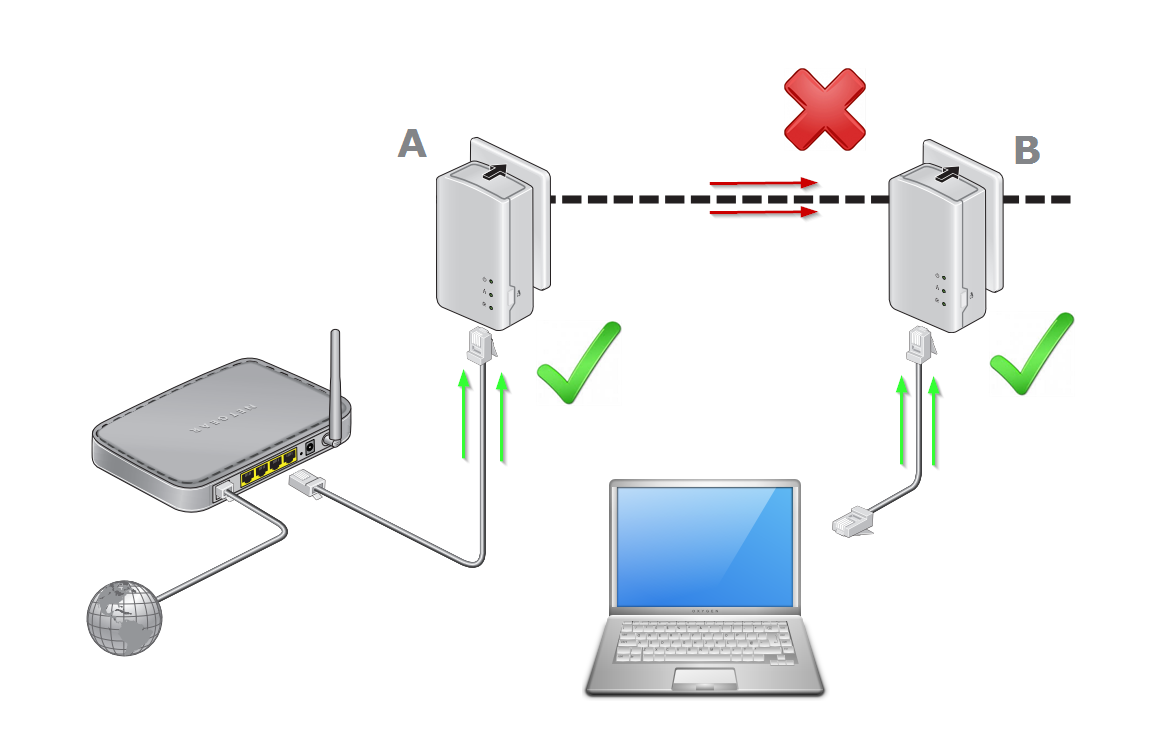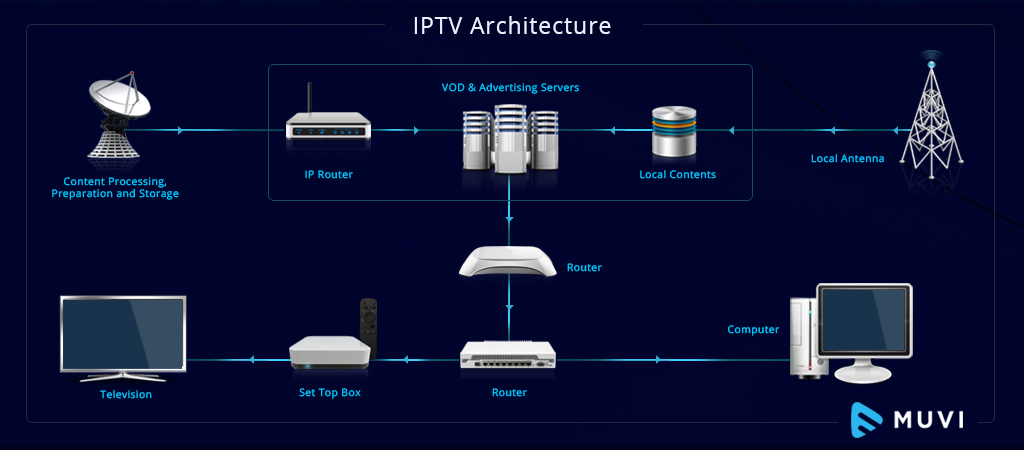Quantum biology is an emerging interdisciplinary field investigating the potential influence of quantum mechanical effects on biological processes. The origins of quantum biology trace back to pioneering 20th century physicists like Max Planck and Erwin Schrödinger, but the field has seen renewed interest and rapid growth recently as tools improve to probe quantum phenomena in complex biological systems (NIST, University of Oldenburg).
Key Areas Where Quantum Effects May Occur
Several biological processes remain unexplained by classical physics alone, with evidence suggesting quantum effects may play an important role:
- Photosynthesis – Quantum coherence appears to enhance efficiency of light-harvesting and electron transfer (Johns Hopkins APL)
- Animal navigation – Quantum processes likely involved in magnetic/electric field sensing
- Enzyme catalysis – Quantum tunneling enables efficient proton/electron transfer
- DNA mutation/repair – Quantum tunneling assists with replication errors
- Cellular respiration – Quantum coherence aids excitation energy transfer
Specific quantum effects like superposition, entanglement, tunneling, and coherence have been observed or proposed as critical in these biological mechanisms.
Applications and Future Directions
Advancing our understanding of quantum biology could enable new bio-inspired technologies like improved solar cells, medical sensors, and more. Dedicated research centers and interdisciplinary teams will be key to firmly establishing this emerging field and revealing new quantum-level insights about the fundamental workings of life (NIH, IEEE).
However, definitively proving quantum effects operate in living systems remains challenging due to the complexity of biological environments. Better tools are still needed to conclusively demonstrate these quantum mechanisms.







